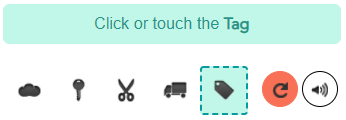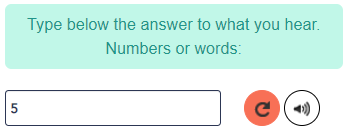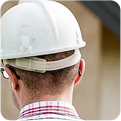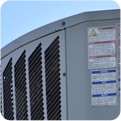What types of insurance do irrigation businesses need?
These policies provide coverage for the most common irrigation risks.
General liability insurance
General liability insurance covers basic irrigation risks, such as a client tripping over a pipe and breaking an arm. Bundle it with property insurance for savings in a BOP.
BEST FOR
-
Slip-and-fall accidents
-
Damaged customer property
-
Libel or slander lawsuits
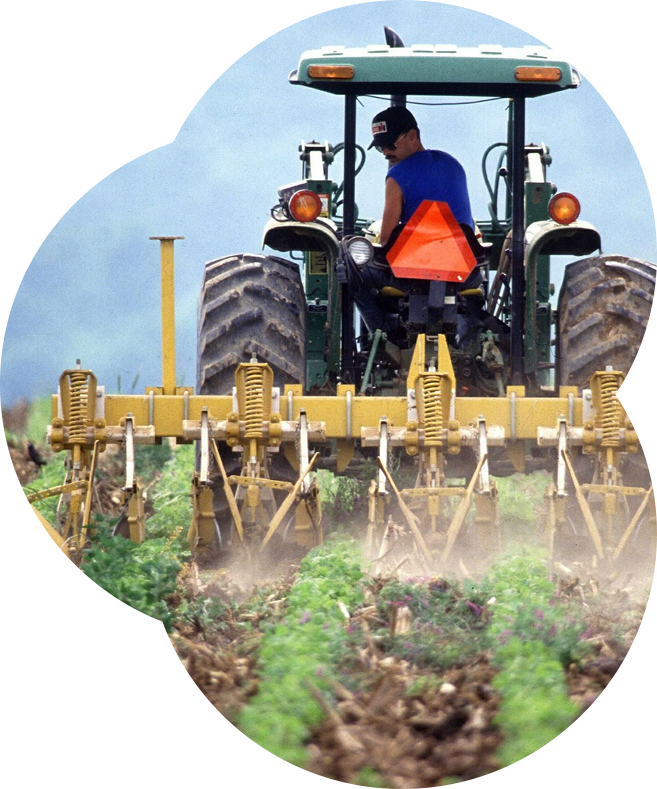
Commercial auto insurance
This policy covers vehicles owned by an irrigation or sprinkler installation business. It pays for expenses from accidents, theft, vandalism, and weather damage.
BEST FOR
-
Car accidents
-
Vandalism and theft
-
Weather damage
Workers’ compensation insurance
Workers’ compensation insurance is required in almost every state for irrigation businesses that have employees. It can cover medical bills for work-related injuries.
BEST FOR
-
Employee medical expenses
-
Missed wages
-
Legal costs

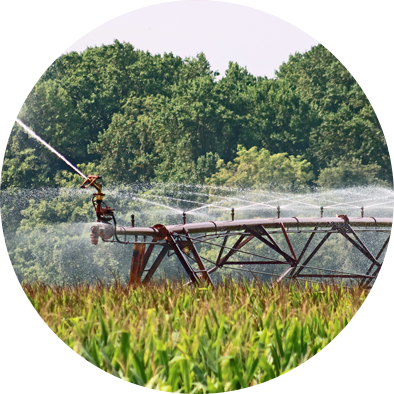
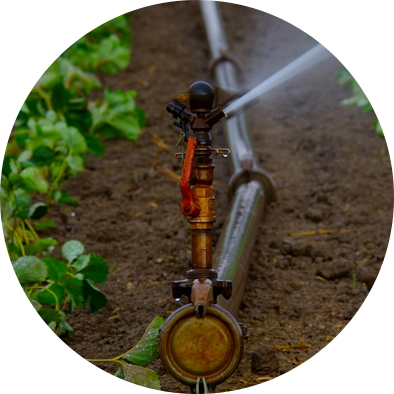
Contractor’s tools and equipment insurance
This policy helps pay for repair or replacement of an irrigation business’s mattocks, shovels, pipe cutters, and other tools if they are lost, stolen, or damaged.
BEST FOR
-
Equipment less than five years old
-
Mobile equipment
-
Small tools
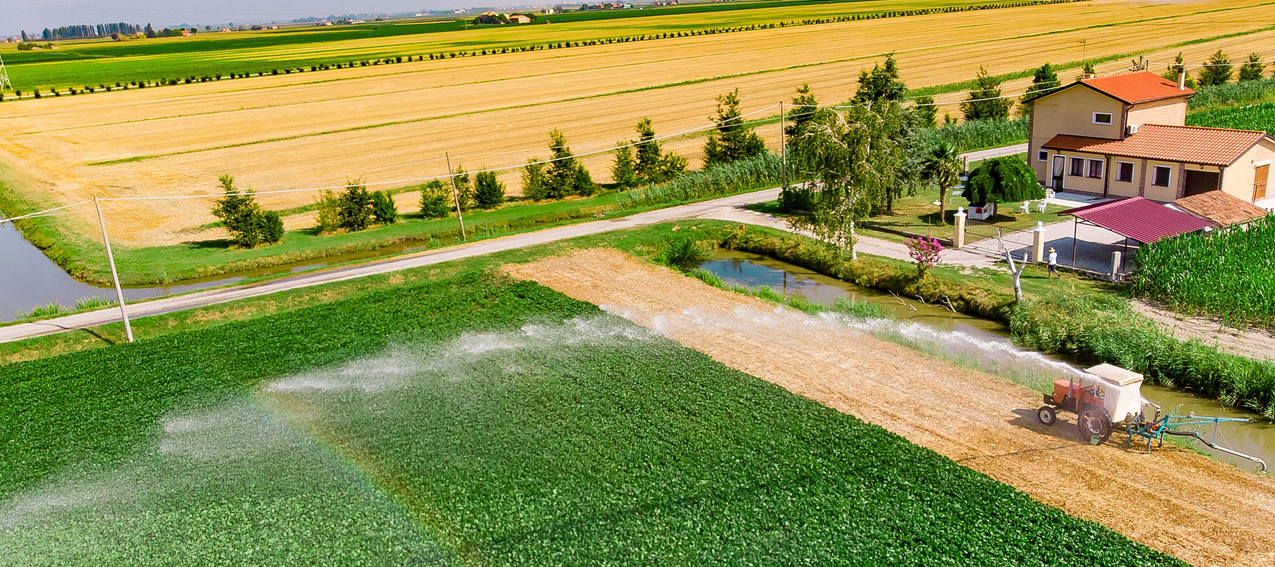
How much does insurance cost for irrigation and landscaping professionals?
-
Several factors will have an impact on insurance costs, including:
-
Landscaping services offered
-
Business equipment and property
-
Revenue
-
Location
-
Number of employees
Why do irrigation businesses need insurance?
Irrigation work involves pipe cutters and other sharp tools, and heavy machinery like compact excavators. That means there’s a high risk of injury. Irrigation insurance helps cover employee injuries, property damage, client lawsuits, stolen tools, and more.
















